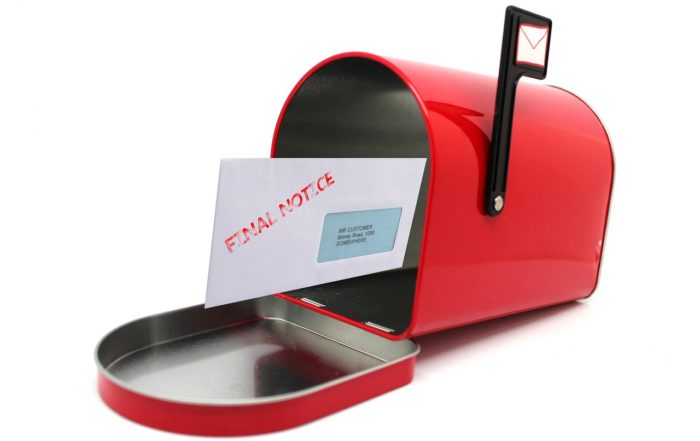You’ve worked hard to build your small business. Nothing is more frustrating than negative online reviews, particularly if you feel they are unjustified or have been posted in bad faith. There are several steps that you can take to prevent your business’s reputation from being damaged by unfavorable reviews.
Respond promptly and professionally. More and more potential customers are turning to internet review sites like Yelp or Google My Business when they are making decisions about which businesses to patronize. If a dissatisfied customer has left a bad review of your business, you can act to mitigate its effects. Take care not to respond defensively, and don’t just ignore the bad review. Instead, respond to the user’s negative review by posting a reply on the review site apologizing for their bad experience while offering to take steps to resolve the issue. Invite them to call or email you so that future communications can be private. If a particular issue is the subject of repeated negative reviews, make changes to your business aimed at avoiding future dissatisfied customers.
Once the issue is resolved, ask the reviewer to remove the bad review. Once you have gone the extra mile to resolve the issue and are sure that the customer is satisfied, ask if they will remove the unfavorable review from the website, or update it to indicate the favorable response you have taken.
Encourage happy customers to leave positive reviews. If your business is working hard to provide a high-quality product or service, then it is likely most of your customers will have a positive experience. A negative review is less likely to damage your business’s reputation if it is surrounded by dozens of positive reviews. Give customers the opportunity to post reviews by including links to review sites in your business’s emails and on your Facebook page and website.
If the review is clearly fake, threatening, or profane, report it to the review website. Review websites are exempt from liability for their users’ posts under the Communications Decency Act, but many of them have procedures allowing business owners to request the removal of certain negative reviews. Although there is a high bar for removal, many review sites will delete posts that contain threats or profanity, or are clearly fake—for example, reviews written by the opposing party in a lawsuit or a business competitor.
Unfortunately, it is often difficult to identify the person who left a negative review, as some users post anonymously. If the review website refuses to remove the bad review, the best solution may be to post a reply explaining that you have not been able to locate the customer in your records and offering to resolve the situation or even to provide a full refund. If the person who posted the review was not really a customer, they will not respond, but potential customers will know that your business is committed to good customer service.
If the negative review contains false statements of fact about your business, consider pursuing an action for defamation. If your business’s reputation has been damaged by a negative review containing provably false statements of fact, an experienced business attorney may be able to convince the review site to remove it. Further, you may have a viable legal claim for defamation against the person who posted the review. If you think the review contains false statements of fact, not just expressions of opinion or hyperbole, contact a business attorney to evaluate whether you should file a lawsuit.
Conclusion
If you are concerned that your business is being damaged by negative internet reviews or need guidance about how to protect your business’s reputation, we are here to help. Give us a call the Business Law attorneys at Pratt Law Group a call today at (972) 712-1515 to schedule your consultation!
Why Singles Should Worry about Estate Planning
Why Singles Should Worry about Estate Plannings -What To Know Several Reasons Single People Still Need To Be Concerned With Estate Planning When you’re putting together an estate plan, you often choose your spouse ...
Warning: Don’t Let Creditors Inherit from You or Your Spouse
Don't Let Creditors Steal From Your Loved Ones - What To Know How To Ensure Your Spouse Receives Your Retirement Accounts and Not Creditors In most cases, spouses will inherit any of your ...
Can a Beneficiary Also Be a Trustee of a Trust?
Can a Beneficiary Also Be a Trustee of a Trust? -What To Know Many people, creating a revocable living trust, designate their children as the beneficiaries. But, they need to choose a person ...






